
The President’s Book of Secrets
The Untold Story of Intelligence Briefings to America’s Presidents from Kennedy to Obama
Recommendation
The closely held President’s Daily Brief (PDB) may be the most exclusive “periodical” in the world. The US Central Intelligence Agency (CIA) first produced the brief for President Kennedy and has tailored it to each president since. The PDB is a vital information summary for national security policy makers. Past CIA officer David Priess describes the brief’s history and defends his former agency as he depicts the way each president since Kennedy has used the brief. Priess avoids conclusive observations, but readers will have their own take on how different presidents used this top-secrets resource. getAbstract recommends this insider’s view to those seeking a historical account of how intelligence material moves from the CIA to the president, and how that material affects history.
Summary
About the Author
David Priess served in the Bill Clinton and George W. Bush administrations as an intelligence officer and manager, and as the daily intelligence briefer at the CIA.








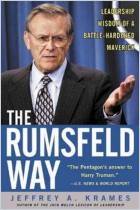
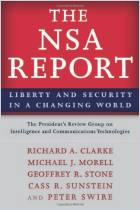
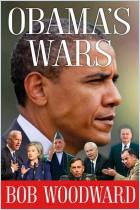
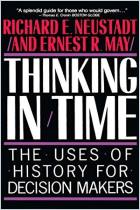
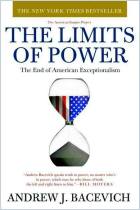
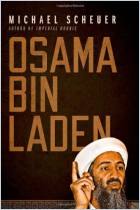

Comment on this summary